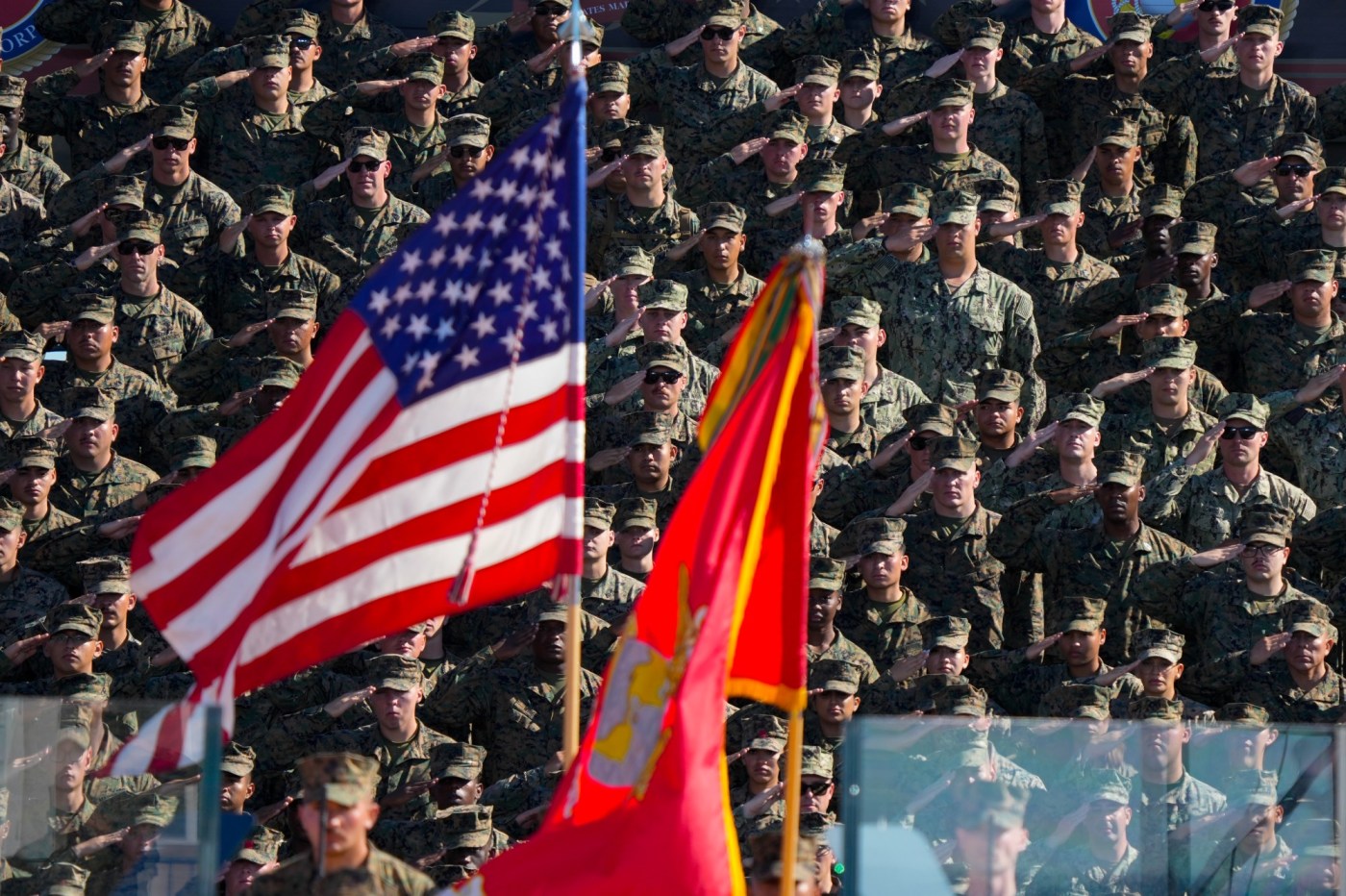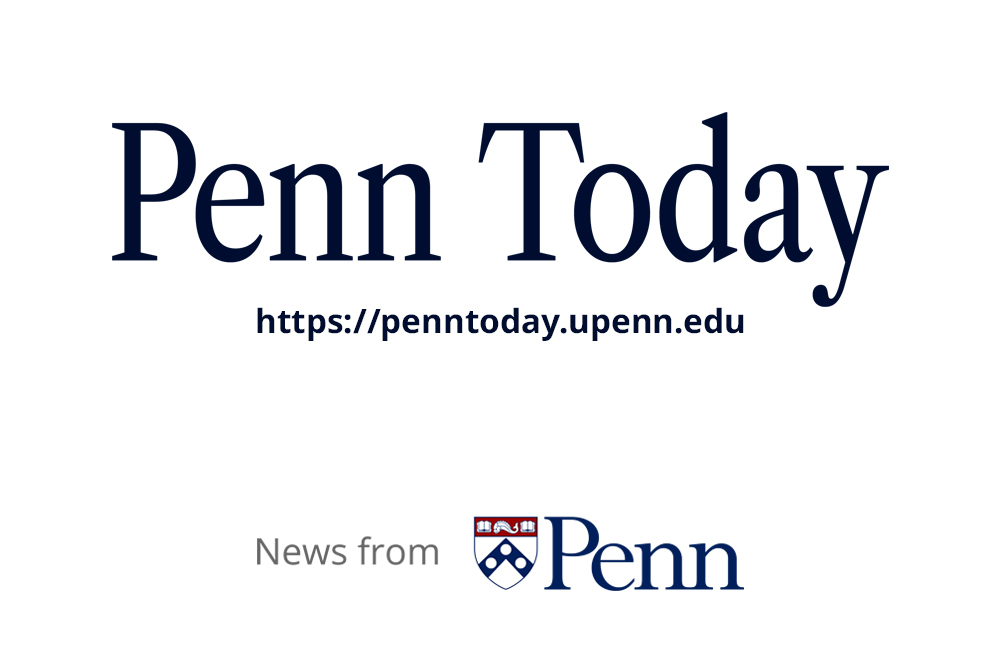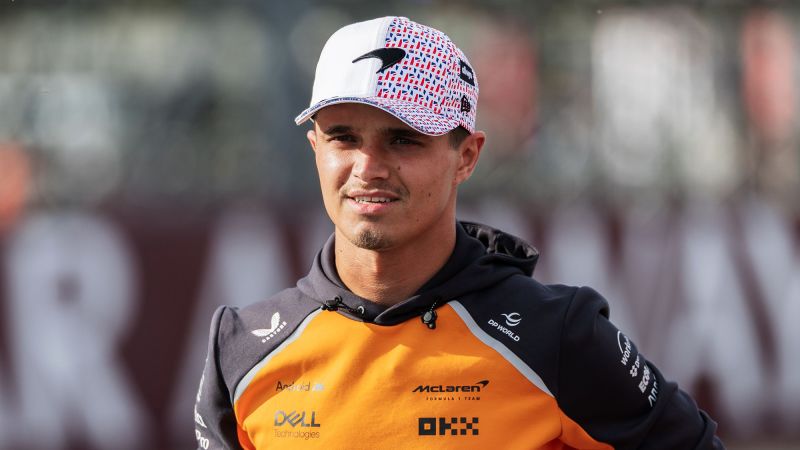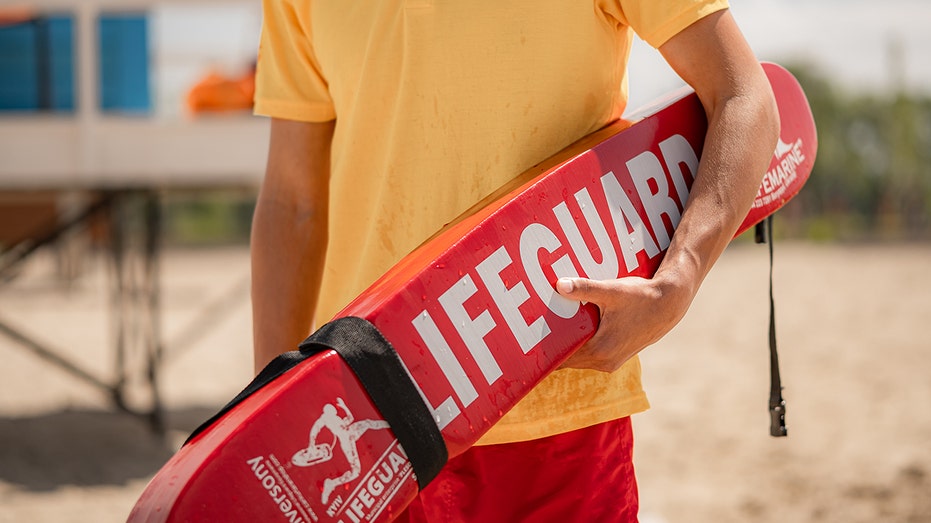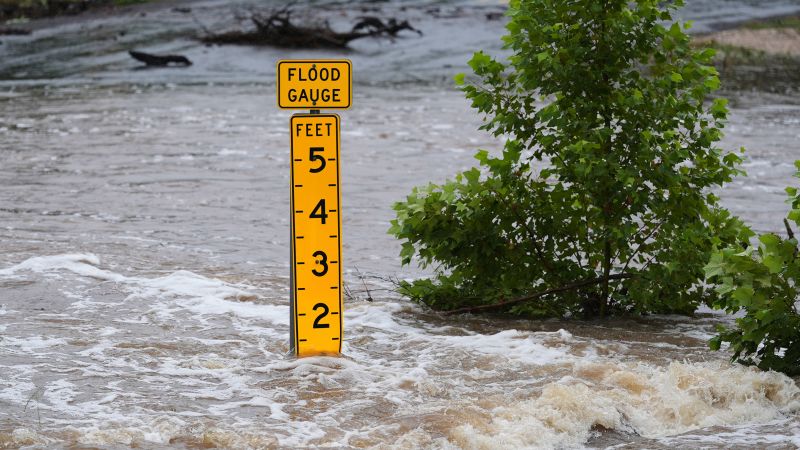Lavrov’s Absence Raises Speculation Over Russian Foreign Policy
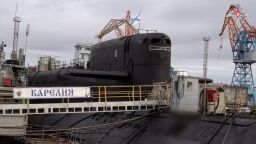
Concerns over the stability of Russian foreign policy have intensified following the absence of Foreign Minister Sergey Lavrov from a recent meeting of the Russian Security Council. The meeting, held on Wednesday, featured President Vladimir Putin discussing the possibility of resuming full-scale nuclear testing. In response to media speculation about Lavrov’s status, Kremlin spokesman Dmitry Peskov confirmed on Friday that Lavrov remains in his position.
Peskov emphasized, “There is no truth to these reports whatsoever. Lavrov continues to serve as foreign minister, of course.” His reassurances come after a report from the Russian business daily Kommersant, which suggested that Lavrov’s absence was “by agreement.” Notably, he was the only permanent member of the Security Council not present at this significant meeting.
In a related development, Lavrov will not lead the Russian delegation at the upcoming G20 summit in Johannesburg later this month. Instead, Maxim Oreshkin, Deputy Chief of Staff of the Presidential Executive Office, has been appointed to head the delegation. This shift has led to questions about Lavrov’s standing within the government and whether he may be facing internal challenges.
The timing of Lavrov’s absence raises eyebrows, particularly following the recent collapse of a planned summit between Putin and US President Donald Trump in Budapest. Lavrov had been instrumental in organizing this meeting, which was ultimately derailed due to a lack of progress on the contentious issue of Ukraine. Following a phone call between Lavrov and US Secretary of State Marco Rubio, the summit was postponed, prompting the Trump administration to impose new sanctions on Moscow.
Despite the apparent setbacks in diplomacy, the Kremlin has been cautious about revealing any internal discord. When asked about Lavrov’s status, Foreign Ministry spokesperson Maria Zakharova confirmed that he remains in office, stating, “but that happens,” suggesting that absences from meetings are not uncommon.
Lavrov, who has served as Russia’s chief diplomat for over two decades, has been a prominent figure during periods of heightened tensions between Russia and the West. His tenure includes significant events such as the 2008 Russo-Georgian conflict, the 2014 annexation of Crimea, and Russia’s involvement in the Syrian civil war beginning in 2015. He has been a staunch advocate for Russia’s position on the ongoing conflict in Ukraine, defending the 2022 invasion as necessary.
At 75 years old, Lavrov has cultivated a bold and sometimes confrontational diplomatic style, often mirroring Putin’s assertive foreign policy. His appearance at a recent summit in Anchorage, Alaska, wearing a sweater emblazoned with the Soviet Union’s CCCP logo, illustrates his alignment with a nostalgic vision of Russian greatness.
Despite such provocations, the Kremlin maintains a culture of loyalty and continuity. The recent reassignment of Sergei Shoigu, Russia’s long-serving Minister of Defense, exemplifies this approach. Rather than being dismissed for a lack of success in military operations, Shoigu was moved to a new role as secretary of Russia’s Security Council.
As the Kremlin navigates these complex dynamics, Lavrov’s long-standing role and the implications of his absence from critical meetings remain pivotal to understanding Russia’s foreign policy direction. The situation continues to evolve, with internal reshuffles and external pressures shaping the landscape of Russian diplomacy.

